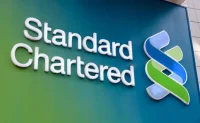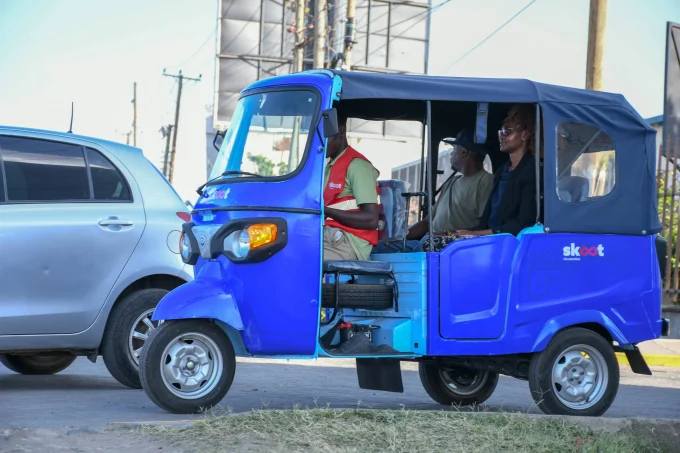Over the past few years, forex trading has rapidly expanded across Africa. The growth can be attributed to easy access to the internet, low barriers to entry, and the popularity of mobile-based digital trading platforms that allow people to trade from anywhere, any time. According to market analysts, forex trading volumes have increased by over 40% in the last two years in Nigeria, followed by South Africa and Kenya.
So, Africans see forex trading as a lucrative income generator. However, no trading strategy comes without risks and drawbacks. So, it’s worth understanding the pros and cons of forex trading in Africa.
Pros and Cons of Forex Trading in Africa
This article is meant to educate you before you invest your money in trading. So, read these pros and cons of forex trading in Africa and make an informed decision accordingly.
| Pros | Cons |
| Global financial market | High volatility |
| Accessibility | Minimal regulatory protection |
| Potential For Fast Returns | Lack of transparency |
| Variety of currency pairs to trade | Difficult price determination |
| Low entry cost | High risk of loss |
| Simple tax accounting | |
| No influence of insider information | |
| Automation |
Pros of Forex Trading in Africa
Global financial market: Over the past few decades, forex trading has spread worldwide, including in African countries. Every second, transactions worth over $850 million take place through the forex exchange, with daily trading volume reaching $7.5 trillion, making it the world’s largest financial market. So, the potential for higher development and vast scalability is associated with the forex market.
Variety of currency pairs to trade: You can choose from around 128 currency pairs for forex trading.
Low entry cost: You can start forex trading with a small amount of initial capital, unlike other trading options.
Accessibility: Create your account with a reputable trading platform and start trading through an experienced trader. We recommend hiring a local broker; for instance, if you live in Kenya, choose one of the best forex brokers in Kenya. This is because they know the local market conditions and legal policies. You can meet them in person for productive meetings.
Potential for fast returns: Fast-moving, deep liquidity, higher leverage – these properties of the forex market mean the potential for faster returns than in other markets.
Simple tax accounting: If your broker also serves as a tax agent, your tax deductions should be carried out automatically. Otherwise, traders are subject to the taxation rules of local jurisdiction.
No influence of insider information: The large trading volume has made the market transparent and protected from manipulation. Only central bankers can have information about currency movements and interest rate changes. Even this information has little to no impact on the market.
Automation: Traders can set automated trades and program entry, stop-loss, and limit prices to benefit from day-to-day swings in the forex market.
Some other benefits include no or low commissions on most accounts, easy short selling, and easy entry.
Cons of Forex Trading in Africa
High volatility: Forex traders seeking short-term profits may experience extreme volatility at times, which can make it unprofitable. Lack of control over macroeconomic and geopolitical developments can result in huge losses in the extremely volatile forex market. In addition, price volatility means ups and downs in the currency pairs for a specific period. The larger those ups and downs are, the higher the price volatility.
Minimal regulatory protection: Like in many countries, regulatory oversight for forex trading in Africa is limited. Also, traders have less right to recourse if they are treated unfairly by their brokers.
Lack of transparency: Brokers dominate the forest market. So, traders may not have control over the fulfilment of their trading orders. As a result, you may not get the best price.
Difficult price determination: Many factors influence forex rates, including global politics and economics. These factors make it challenging to draw reliable price determinations. Most trading relies on technical indicators, the main reason for market volatility.
High risk of loss: Leverage can significantly increase your profit. But at the same time, it poses the risk of losing all capital increases, especially for beginners who want to make quick money using leverage of 1000:1.
Should you think about forex trading in Africa?
Yes. Just be careful and don’t hesitate to seek help from professional brokers. Choose the best forex trading platform and stay educated about the pros and cons of the marketplace.













Leave a comment